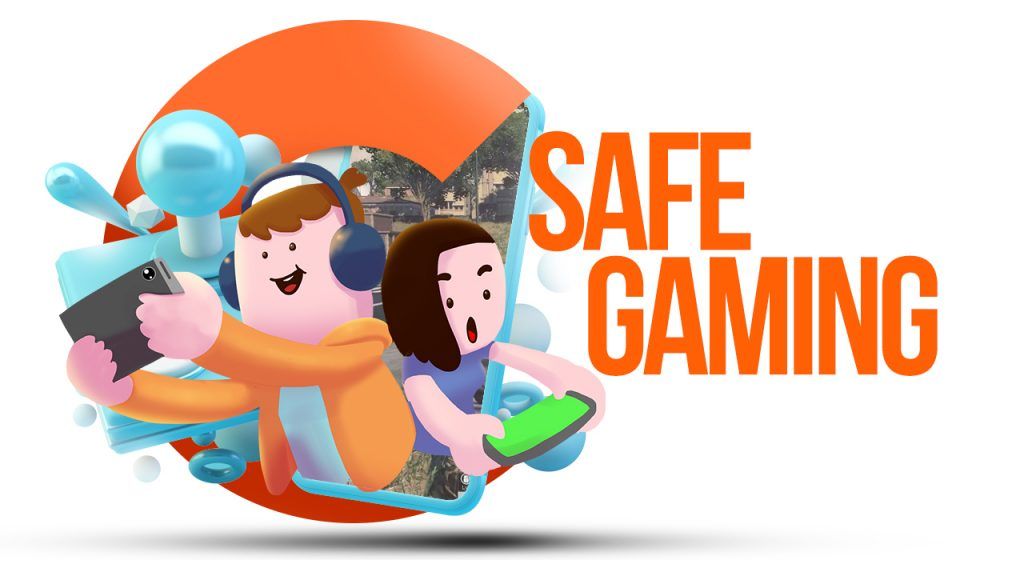In today’s digital age, online gaming has become increasingly popular, with millions of players engaging in virtual worlds and multiplayer competitions. However, with this rise in popularity comes a corresponding increase in security threats. As a result, it is crucial for gaming platforms to have robust security features in place to ensure a safe gaming environment for their users.
Encryption
One of the fundamental security features that every gaming platform should have is encryption. Encryption is the process of encoding data so that only authorized parties can access it. By encrypting user data, gaming platforms can protect sensitive information such as login credentials, payment details, and personal information from being intercepted by hackers.
Multi-factor Authentication
Another essential security feature is multi-factor authentication. This method adds an extra layer of security by requiring users to provide two or more verification factors to access their accounts. This could include a combination of a password, a one-time code sent to their mobile device, or a fingerprint scan. Multi-factor authentication helps to prevent unauthorized access to user accounts, even if a hacker manages to obtain a user’s password.
Anti-cheat Mechanisms
Cheating is a common problem in the gaming world, with players using cheats and hacks to gain an unfair advantage over their opponents. To combat this, gaming platforms should implement anti-cheat mechanisms that detect and prevent cheating in real-time. These mechanisms can include algorithms that analyze player behavior for suspicious patterns, as well as software that scans game files for unauthorized modifications.
Secure Payment Systems
Many gaming platforms offer in-game purchases or subscriptions, which require users to input their payment details. To protect users’ financial information, gaming platforms should use secure payment systems that encrypt transactions and comply with industry standards such as PCI DSS. Additionally, platforms should regularly monitor payment transactions for any signs of fraud or unauthorized activity.
User Permissions and Access Control
Ensuring that users have the appropriate permissions and access levels is crucial for maintaining a secure gaming environment. Gaming platforms should implement strict access control measures that limit users’ ability to perform certain actions based on their roles and responsibilities. This can help prevent unauthorized users from accessing sensitive areas of the platform and minimize the risk of data breaches.
Regular Security Audits
Finally, gaming platforms should conduct regular security audits to identify and address any vulnerabilities in their systems. These audits can involve testing the platform for known security weaknesses, simulating cyber attacks, and reviewing access logs for any suspicious activity. By staying proactive and vigilant, gaming platforms can stay one step ahead of potential security threats.
In conclusion, security features are essential for ensuring a safe gaming environment for users. By implementing encryption, multi-factor authentication, anti-cheat mechanisms, secure payment systems, user permissions, and access control, as well as conducting regular security audits, gaming platforms can protect their users’ data and maintain trust in their platform. It is crucial for gaming companies to prioritize security as they continue to innovate and grow in the ever-evolving world of online gaming.
